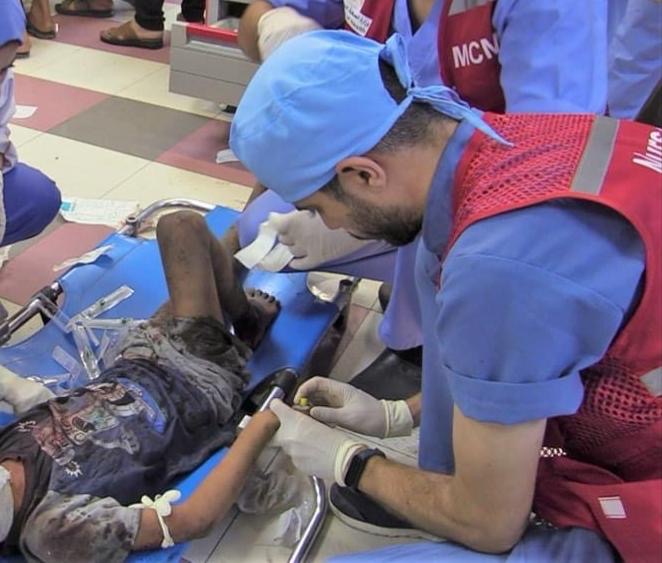It’s a Friday morning, and I’ve just found my croissant stolen, leaving me hungry and humiliated. Croissant and other pastry theft is a common issue amongst Trinity students, especially those who frequent the Arts Block. At this point, you may be wondering how I found myself in this croissant-less position, and as always, with Arts Block food theft, it starts with seagulls.
Trinity seagulls: larger, meaner, and scarier than your average city bird. Every student has felt the fear in their stomach as one approaches. When it takes flight, the hairs on the back of your neck stand up, as if bracing for impact. And while braving the seagulls might be worth it for a few precious seconds of sunlight or a smoke in the infamous non-smoking area outside the Arts Block, should it come at the cost of an overpriced pastry?
The seagulls, in their brazen confidence, have made it clear: the outdoor spaces belong to them. They’ve become the unofficial landlords of Trinity’s limited outdoor seating. Students, meanwhile, are left negotiating with these winged overlords for mere crumbs of peace. If we can’t win back our croissants, how can we possibly win back our campus?
And herein lies the bigger issue: the lack of adequate student spaces on campus. We’ve all felt it. Lunchtime hits, and every available seat in the Buttery, the Arts Block, or the Hamilton is claimed, not by a seagull, but by desperate students in search of a spot to eat or study. It’s not just the seagulls that make outdoor seating impossible but also the influx of tourists who flock to Trinity College, often taking over the very spots students desperately need.
As tourists roam the campus, blocking the route to lectures while they pose for photos or line up in front of the Book of Kells, the student body is left competing for every available seat. With tour groups crowding the main square, students are not prioritised in the space they come to for education, where one should feel the most comfortable, constantly battling for space to study or relax between classes. This dynamic creates an atmosphere where students are pushed further out, struggling to carve out their own territory amid the crowds.
Despite the designated zones Mac Léinn—areas specifically intended for students—the reality is that there simply aren’t enough to accommodate the student population. These zones quickly fill up, and the lack of enforcement means that tourists and non-students often end up in these areas, further exacerbating the problem. The frustration is palpable as students navigate their way through the chaos, watching helplessly as their designated spaces are overtaken by those who don’t have a stake in the community.
The overcrowding problem is more than an inconvenience; it impacts student well-being, study habits, and overall campus experience. Students are often left with no choice but to cram themselves into tight spaces or find makeshift study spots on the floor. The few remaining chairs are constantly occupied, making it impossible to find a quiet place to recharge.
This issue of space scarcity on campus reflects a growing concern within the university itself. Trinity has seen an increase in enrollment in recent years, but the infrastructure hasn’t kept pace. Lecture halls see more students than seats, leading to students squatting in the stairway. If you dare leave to run to the bathroom, a precious seat in the library is being taken. The result is a campus that feels increasingly congested, where students struggle to find their own space amid the bustle of their peers and visitors.
While obnoxious, seagulls are a fitting example of this battle over space. They’re aggressive, omnipresent, and show no signs of letting up. As students navigate their days, they must also contend with these winged invaders, perpetually on guard against surprise attacks.
Beyond simply increasing seating, the Trinity administration needs to focus on creating designated areas that are genuinely off-limits to tourists. This could involve better signage, more clear enforcement of student zones, and even policies that restrict non-students from occupying certain areas during peak hours. The goal is to reclaim the campus for the students who are the backbone of Trinity College.
Until that day, I’ll be bracing for my next confrontation with Dublin’s most feared bird, croissant in hand, hoping that maybe one day I’ll be able to enjoy my overpriced pastry in peace.







